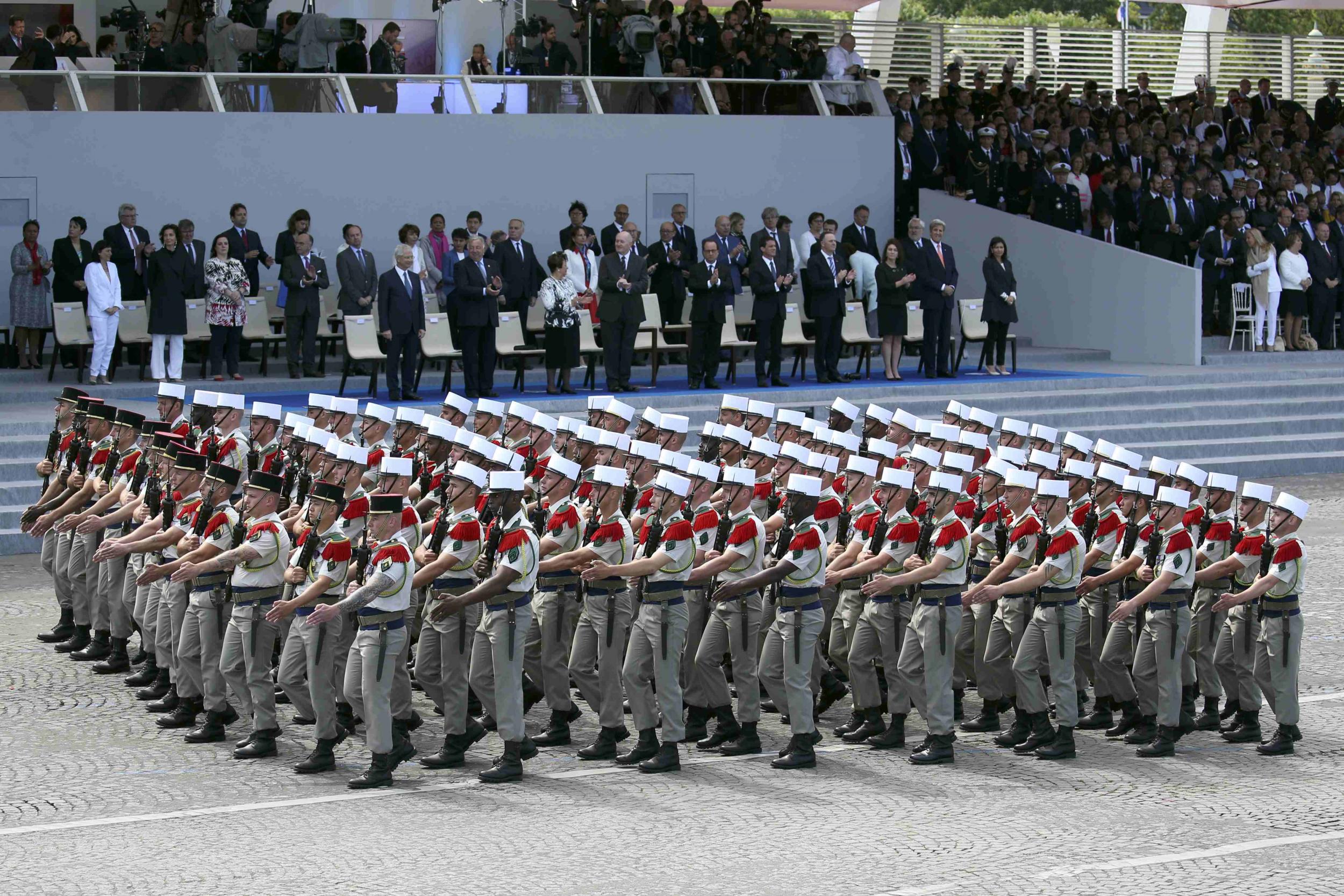What is it Bastille Day and why is it a national holiday in France?
On July 14 1789, just under a thousand Parisians stormed the Bastille prison releasing its seven inmates
France has a national holiday every year on 14 July to celebrate a mob breaking into a 18th century Parisian prison.
Akin to the United State's 4th of July, the date marks the beginning of republican democracy and the end of tyrannical rule.
Here's everything you need to know about France's national day and why it is still celebrated.
What was the Storming of the Bastille?
It took place on July 14 1789 amid a deep economic and political crisis, with an out-of-touch Louis XVI increasingly unable to manage anti-monarchist forces.
The Bastille, a medieval fortress and prison, was a symbol of tyrannical Bourbon authority in central Paris and had held many political dissidents.
Following the king's dismissal of the progressive minister of finance, Jacques Necker, and the concentration of Royalist troops in the capital, liberal Parisians feared a coup against the National Constitutional Assembly.
As a result, violent conflict between Royalist and anti-Monarchist elements broke out across Paris, with the Bastille's garrison eventually finding themselves surrounded by an armed mob on the morning of 14 July.
After hours of negotiation and increasing frustration, the mob numbering just under 1,000 broke into the fortress. Following hours of fighting, they took the castle at the cost of nearly 100 assailants' lives and one defender's.
Nearby Royalist troops had chosen not to intervene and disperse the mob
Ironically, at the time the prison was stormed, there were only seven elderly prisoners

What is its significance?
While there are key events in the lead up to 14 July, the storming of the Bastille proved to revolutionaries across Paris and France that the power of King Louis and his control over his armed forces was nominal at best.
It became the flash point for the revolution to spread and eventually lead to the overthrow of the Bourbon monarchy and the execution of Louis XVI and his wife Queen Marie Antoinette.
The prison was completely destroyed within five months and only a monument now stands on the site in the middle of a cobbled square.
Why do French people celebrate it today?
Like Independence Day in the United States, the French celebrate all things that symbolise France, such the tricolore flag and La Marseillaise - both of which originate from the revolution.
Rather than commemorating the storming of the Bastille itself, it is a day to celebrate the three tenets of the republican national motto: "liberty, equality and fraternity".
Patriotic pride rather than political history is the order of the day.

How is it celebrated?
A public holiday in France, the day is celebrated with an abundance of fireworks, communal eating and parades.
Along the historic Champs-Elysee avenue, a military parade takes place where French troops march, ride and drive with world leaders in attendance.
It is the oldest military parade in the world, having first taken place on Bastille Day in 1880.
Join our commenting forum
Join thought-provoking conversations, follow other Independent readers and see their replies
Comments
Bookmark popover
Removed from bookmarks